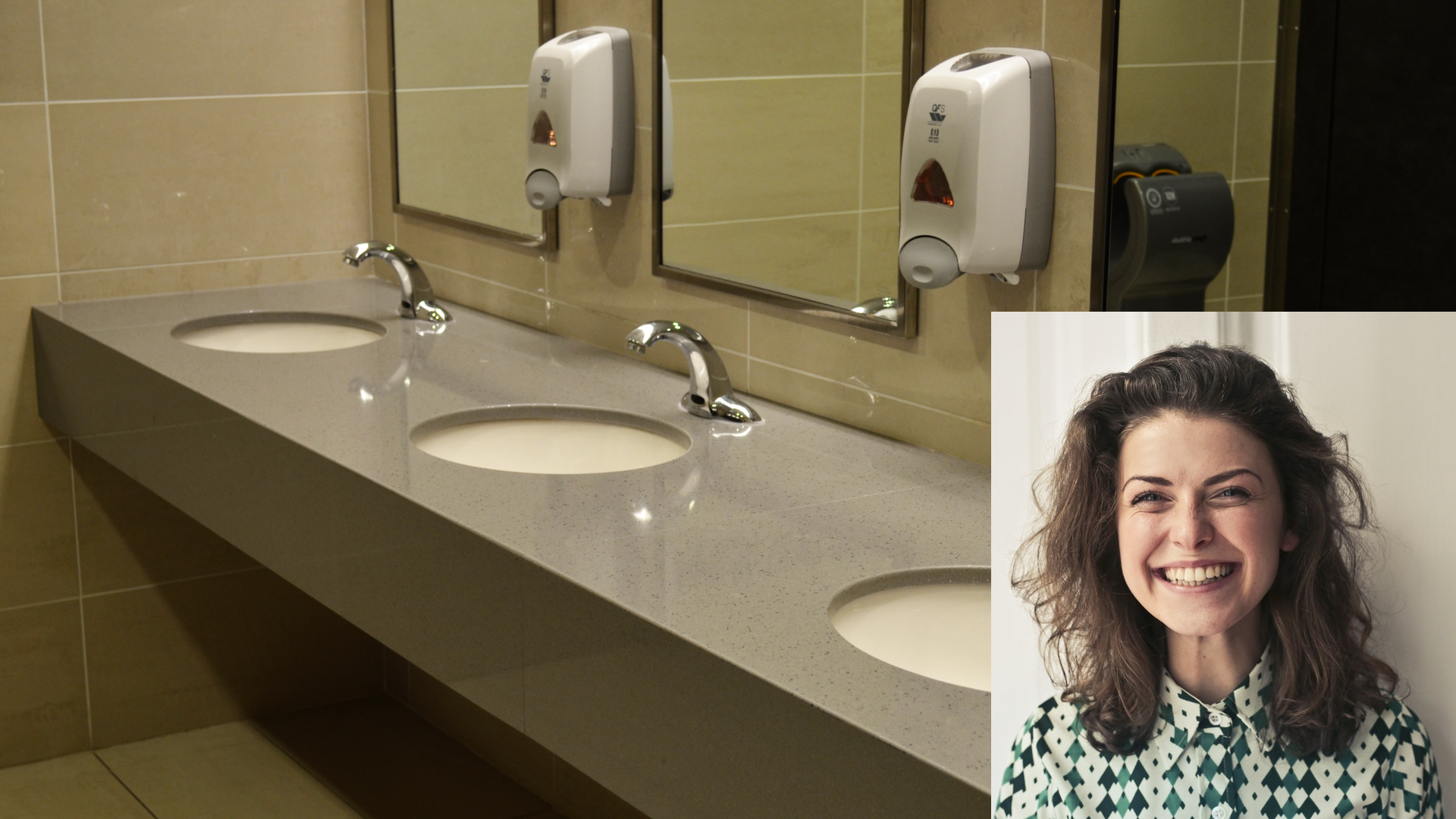
CLOCHE D’OR — A recently hired junior at a Luxembourg company has repeatedly violated the sacred code of shared workplace toilets, causing widespread discomfort and anger, according to sources.
The code, which has been on the books since at least 1957, was created to ensure that workers enjoy the maximum sense of anonymity in shared toilets even while in the presence of others.
The string of violations began last Monday when 24-year-old Caelynn Mois started her first day. “Hi, oh, is somebody in here?” she is reported to have said when she entered the restroom and saw feet in one of the stalls. “Marie-Laure? It’s me, Caelynn, the new accountant. We met earlier.”
The following day, Mois intentionally followed a colleague with whom she had been chatting into the restroom, trying to continue their conversation even as the other hid in a stall and used “meditation, complex yoga positions, and old-fashioned willpower” to resist the urge to pee until Mois left.
One angry receptionist says that not only did Mois cheerily say hello to her while in the restroom, but that hours later she alluded to their encounter, asking if she knew if the soap dispenser was still empty, “like it was earlier, when we saw each other in there, after you finished your business.”
HR eventually set up an emergency meeting with Mois in order to clarify the importance of the toilet code. According to sources, HR officers conducted role play sessions with Mois to instruct her on proper behavior in shared toilet situations, including how to lower her eyes while entering or exiting, and how to “un-hear” the sounds a boss makes while in an adjacent stall. She was then required to send an apology email to all of the other women in her department.
“I am truly sorry for my egregious breaking of the rules,” she wrote. “I understand that to prevent awkward face-to-face encounters, I should remain in my toilet stall until I am certain others have exited the restroom, and that if I do accidentally run into someone in the restroom, I must not greet her by name or even look at her, and that any communication needs to be limited to ‘oh,’ ‘oops,’ or other monosyllabic utterances.”
“Also, I promise to never again inquire while a colleague is washing her hands if she’d like some medicine for her stomach problems.”
